Where's the Global Warming When You Need It?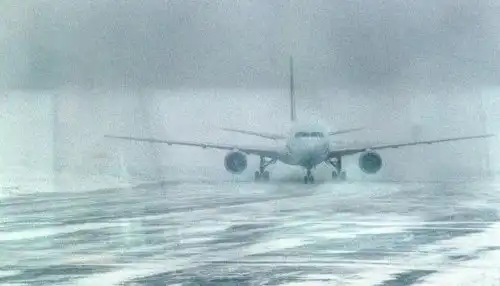 Speculations by Stefan Stenudd
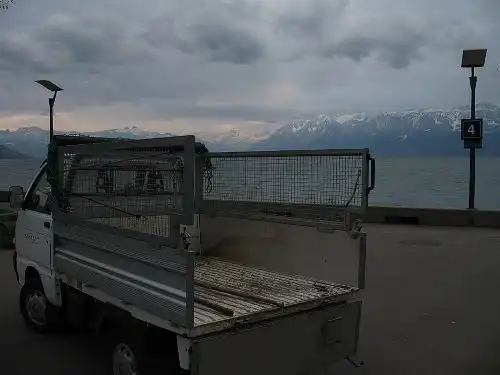
The long way homeThe return trip proved to be quite complicated. Copenhagen, the destination of my flight, was struck by winter. A lot of snow and cold winds. I had heard something about it beforehand, not thinking much of it. Scandinavia is not unfamiliar with winter, although it is usually much milder in Denmark than in the neighboring northern countries.So, I went to the Geneva airport (it serves Lausanne, too) a couple of hours before the scheduled departure of 8 PM, and expected things to go smoothly. There was no information to the contrary when I checked in my luggage, but immediately after I had passed security I learned from another traveler that our plane to Copenhagen was canceled. We were supposed to pick up our luggage and go to a desk at the airport, where we would get rescheduled and receive hotel vouchers for the overnight stay in Geneva. That took quite some time, don't ask me why. The line in front of the desk moved as slowly as trees grow. We were also promised free dinner, but that proved to be a voucher of no more than 35 Swiss Francs, which doesn't cover much at a Swiss restaurant – especially at the fancy hotel near the airport, where we were checked in and where we had to have the dinner. Anyway, so far so good. I had nothing particularly important in my agenda, so I enjoyed an extra day in Geneva, just to relax and do some sightseeing. But I had learned my lesson, so I checked the Scandinavian Airline website for any delay of my new flight. Towards the evening, they said that the plane's departure might be 20 minutes late. No more. I suspected that the delay would increase as takeoff time approached, because airlines tend to underestimate such things as some kind of misdirected marketing effort. Indeed, our departure was an hour and a half late, at about 9:30 PM. I could live with that.
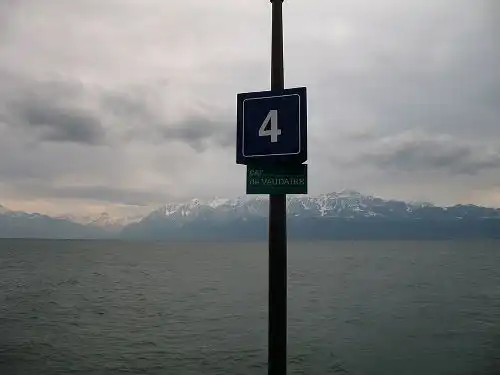
We remained in the plane, mere meters from the entrance, for quite some time. After about half an hour a ladder was dragged to the plane, but proved to be too small for this aircraft. It was dragged off again, and we waited – with a limited sense of humor remaining – until a bigger one was produced. We thought that our trials were over, but at the luggage hall there was no sight of our bags. The monitor informed us that the luggage from the Geneva flight had been delayed, but gave no indication of why or how long. Another thirty minutes passed, maybe more. Then I had enough and approached an airline desk, asking them to check what had happened. They were also upset that we had not been given any information about our luggage, other than the word “delayed” on the monitor. Just a couple of minutes after they managed to catch somebody responsible on the phone, our luggage started to arrive. I hurried to the Malmö train. By now it was 1 AM, and after midnight there's just one train per hour, but for once I was lucky: The next train left just a quarter past one.
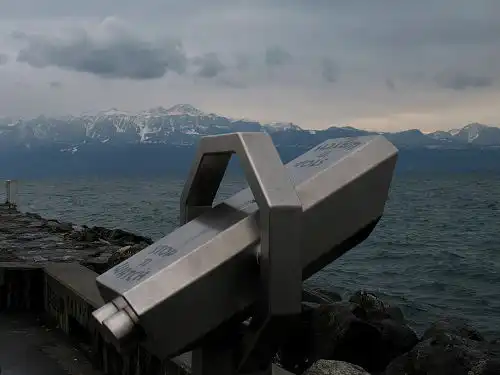
I found that they have an additional fee for that, amounting to just about the same money as the ticket itself costs. And they were unable to receive the payment by credit card. What century does that railway company live in? They allowed cash or invoice, only. I got the latter and finally leaned back. The trip to Malmö takes little more than 20 minutes. For a while it seemed as if that trip would also be delayed, because of a very slow train ahead of us, but it must have taken another track. Soon enough we were doing top speed on the Öresund Bridge, connecting Denmark and Sweden since no more than ten years.
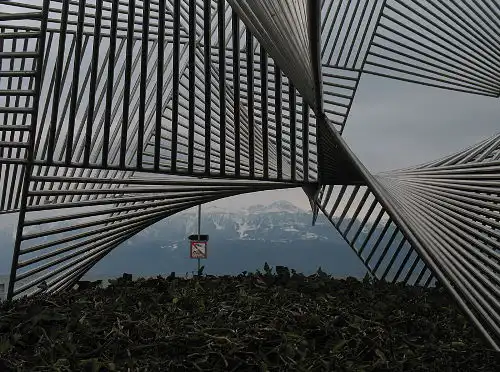
Infrastructure is no funIt's strange that Scandinavian communications should fail because of some snow. It happens to air traffic as well as trains – actually more often the latter, although they should be equipped to manage better. True, we've had some mild winters most of the last fifteen years, but not completely without snowy days. They should be prepared, and they should know what to do.I think that the responsible people have been hasty to trust the climate change, hoping that winters will always be mild and snow melt away as soon as it falls. Thereby, they save money in the budget for other things. The last ten years or so, they have diminished their routines and decreased their resources to deal with winter, as if this season is a thing of the past. When it still comes, they all act surprised. We should worry when the infrastructure of our society is allowed to deteriorate. Governments don't enjoy spending as much money on keeping the basic functions operating smoothly as is needed. They want to spend the money on more spectacular things. New things to be remembered by. That is very costly to society, and might lead to real disaster. Politicians are shortsighted. So are many other people in power. They know their reign is limited in time, and they feel the pressure to show results within mere months. At the most, they feel obliged to think ahead to the next election, and rarely beyond it. So the things that don't immediately add to their fame are brushed off, and any big undertakings are chosen on the ground of how they might secure their names to posterity. Unfortunately, they are right. Our history books are full of people who made something new, no matter how meaningless at length, but mention nothing about the ones who made sure that the same old same old kept on working. We need blander idols.
Stefan Stenudd November 29, 2010
More Speculations
About CookiesMy Other WebsitesCREATION MYTHSMyths in general and myths of creation in particular.
TAOISMThe wisdom of Taoism and the Tao Te Ching, its ancient source.
LIFE ENERGYAn encyclopedia of life energy concepts around the world.
QI ENERGY EXERCISESQi (also spelled chi or ki) explained, with exercises to increase it.
I CHINGThe ancient Chinese system of divination and free online reading.
TAROTTarot card meanings in divination and a free online spread.
ASTROLOGYThe complete horoscope chart and how to read it.
MY AMAZON PAGE
MY YOUTUBE AIKIDO
MY YOUTUBE ART
MY FACEBOOK
MY INSTAGRAM
MY TWITTER
STENUDD PÅ SVENSKA
|
 Sunday Brunch with the World Maker
Sunday Brunch with the World Maker